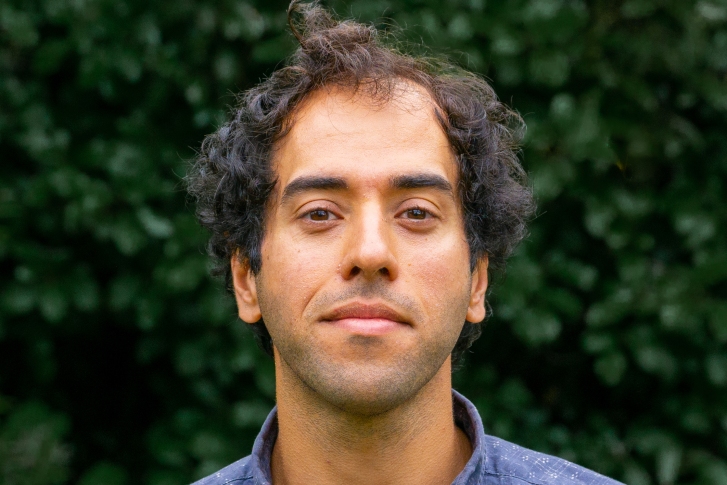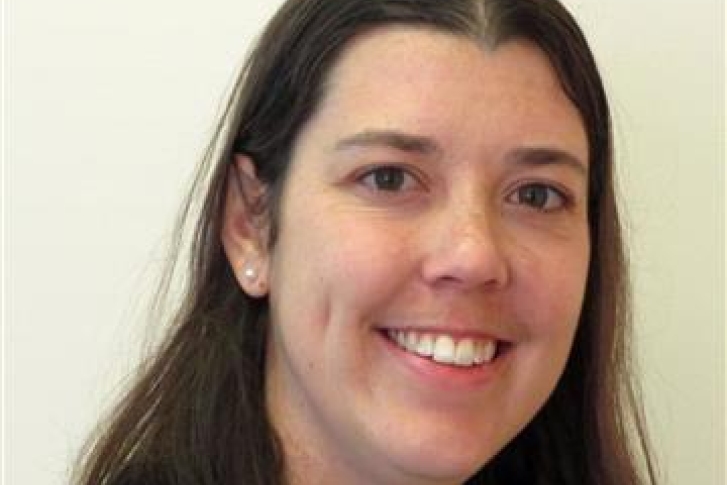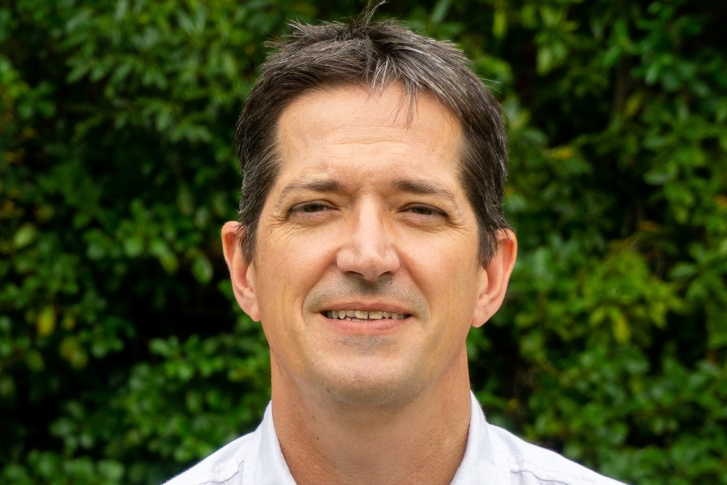A number of new staff have joined the Freshwater and Estuaries Centre over the last nine or so months, either on a permanent or fixed-term basis. Here we introduce new permanent and post-doctoral staff based at our Hamilton and Christchurch offices.
Dr Eleanor Gee
Eleanor has recently joined NIWA as a hydroecologist. She has over 13 years’ experience in hydraulics, hydrology, and ecology, including roles in research, industry, and a government organisation. Eleanor is particularly interested in the hydrodynamics of estuaries and the relationships between flow and ecological processes including fish spawning and migration. She employs combined empirical and modelling approaches, including field work, laboratory studies and a range of numerical techniques to investigate hydroecological patterns.
Dr Ben Woodward
Ben is a biogeochemist. He completed an honours project that examined nitrate retention, denitrification and nitrous oxide production in a riparian aquifer. Following this his PhD investigated environmental flows in an Australian lowland river and their ability to facilitate exchanges of nutrients and dissolved organic carbon between the river and its surrounding floodplain. His first post-doctoral position examined how a unique application method for a nitrification inhibitor could reduce farmer costs as well as nutrient losses from pastoral soils. Following this agricultural work, his second post-doctoral position examined how carbon from different sources affects rates of microbial metabolism along different hypothetic flow paths in upland streams. This work was completed at the Brandenburg University of Technology in Germany. Ben is now working at NIWA investigating flocculation and sedimentation in wetlands and methods to rehabilitate degraded lakes.
Dr Amanda Valois
Amanda is a freshwater ecologist at NIWA Hamilton. Her main research interest is in community-based water quality monitoring and how it can inform freshwater policy. She is currently researching tools and technologies to collect measures of stream health, improve data sharing, and engage the public. This includes low-cost water quality equipment and equipment libraries, smartphone applications, and engagement opportunities like field days and sampling regattas. She sees volunteer water monitoring (and citizen science as a whole) as a powerful force for scientific inquiry. Amanda is also interested in parasites and pathogens in the aquatic environment. Her PhD work focused on planktonic food-webs, researching the role of parasites in food-web ecology and how their dynamics were influenced by a variety of physical and biological variables. Amanda is helping to dispel the myth that parasites are an “unhealthy” part of ecosystems. Her work on aquatic pathogens covers a broad range of groups from fungal parasites in zooplankton to trematodes in snails to E. coli bacteria dynamics during flood events. Amanda has a particular interest in all things without a backbone and has undertaken a number of taxonomic studies on zooplankton, benthic invertebrates, and mosquitos.
Dr Amy Whitehead
Amy is a quantitative freshwater ecologist with over 10 years’ experience working in environmental management in New Zealand and Australia, particularly focussing on analysing large ecological and environmental data sets to inform decision-making. She has a PhD in Ecology (University of Canterbury), with wide-ranging interests that include avian ecology, species distribution modelling, spatial conservation planning and applied ecology. Amy is skilled in a wide range of analytical techniques and is particularly interested in using quantitative techniques to help make science-based decisions.
Dr Arman Haddadchi
Arman is Sediment Transport Scientist in the Sedimentary Processes group at NIWA. He received his PhD in Environmental Engineering from Griffith University, Australia. His research interests include sediment transport modelling, sediment tracing, soil erosion modelling and sediment dating. More specifically his experience is on characterising transport processes operating during the transit of sediment within the catchments to accurately target management actions designed to reduce sediment delivery to receiving waters. Arman has collaborated actively with researchers in other disciplines of environmental physics, particularly on developing physical based models for predicting river morphological changes.
Dr Elizabeth Graham
Elizabeth is a freshwater ecologist specialising in the intersection of ecosystem, community, and population ecology. Her research interests include community and food web dynamics across natural and anthropogenic environmental gradients, invertebrate dispersal and recolonisation, fish distribution patterns, ecological restoration, and statistical tools for analysis of ecological data. Recent projects include studies on beta-diversity in restored streams, determination of dispersal capabilities of aquatic invertebrates in urban environments and up intermittent stream channels, assessment of stream restoration effectiveness in improving invertebrate communities, and fish population surveys.
Dr James (Jim) Griffith
Jim is a hydrologist specialising in runoff modelling, surface-water management and water resource management. He is a fellow of the Chartered Institute of Water and Environmental Managers and a chartered engineer. He has worked in China for the last six years, lecturing and leading projects on surface water-quality, flood management, and sustainable urban-water drainage. He has also worked for a mining consultancy leading hydrological site investigation, impact assessment and feasibility reports for over 30 different mine developments in Northern Europe, Central Asia, Africa and Russia.
Dr Mabrouk Abaza
Mabrouk is a hydrological forecaster and modeller. He has a PhD in hydrology from Laval University (Quebec City, Canada) and also completed a post-doctoral fellowship at this university. Mabrouk also holds a Masters degree in water and environment (Montpellier 2 University, France) and an engineering degree in hydraulics (Tunisia). His areas of expertise include ensemble hydrological forecasts, hydrology, data assimilation and forecast verification.
Ms Juliet Milne
Juliet started at NIWA last May as a Resource Management Scientist. Her background is in applied environmental science with over 17 years’ experience working in environmental management across New Zealand, encompassing both scientific (fresh and coastal water quality and ecology) and regulatory (resource consents and compliance monitoring) roles in local government. Juliet has an M.Appl.Sc in Resource Management (Lincoln University) and her interests include water quality, urban waters, environmental monitoring and reporting, and integrated freshwater and coastal resource management. Juliet has a particular interest in delivering science that informs environmental policy and management at local, regional and national levels, with the National Policy Statement for Freshwater Management a key focus.












